
By 2026, AI could bring us new insights (Photo: Sky news).
Especially how it will reshape society over the next 15 years.
Notably, this isn’t the first time Altman has used his personal blog to tease OpenAI’s roadmap. He once predicted 2025 would be “the year of the AI agent,” and the company has since launched Operator, Deep Research, and Codex.
This time, in a new essay called “The Gentle Singularity,” Altman makes an even bolder claim.
Signal from OpenAI
At the heart of this announcement is an ambitious promise: By 2026, the world “is likely to see the emergence of AI systems capable of generating novel insights.”
This statement is in line with OpenAI's recent direction, when it announced the o3 and o4-mini AI inference models in April.
OpenAI President Greg Brockman has stressed that these are the first models scientists have used to generate new and useful ideas.
Altman's paper shows that OpenAI is accelerating in the race to develop AI that can create knowledge, rather than just process information.
The race to develop creative AI
OpenAI is not alone in this quest. The race to develop AI capable of generating new scientific hypotheses is hotter than ever:
In May, tech giant Google announced AlphaEvolve, an AI agent that it says creates new approaches to complex problems.
Meanwhile, startup Future House, backed by former Google CEO Eric Schmidt, claims its AI tool is capable of making a real scientific discovery .
Anthropic, a major rival to OpenAI, also launched a program to support scientific research in May.
If successful, these companies could automate a critical part of the scientific process, opening up unprecedented breakthroughs in core industries like drug discovery, materials science, and many others.
Skepticism
However, this ambition has met with considerable skepticism from the scientific community itself. Many experts believe that current AI models still have a long way to go.
Hugging Face's chief scientist Thomas Wolf argues that modern AI systems are not yet able to "ask great questions" - the key ingredient for any scientific breakthrough.
Sharing the same view, former research director at OpenAI Kenneth Stanley also affirmed that today's models cannot generate new hypotheses.
Stanley is now building Lila Sciences, a startup that has raised $200 million to create an AI lab dedicated to solving this problem.
The core problem, he says, is how to teach AI a “sense” of what is creative and interesting — an incredibly difficult challenge.
Will Sam Altman's claim become a reality by 2026, or is it just a far-fetched vision? Time will tell.
What is almost certain, however, is that his essay is a clear signal of the next chapter in OpenAI's ambitions.
The tech world is watching, waiting to see if AI can actually create “novel insights” and usher in a whole new era of scientific discovery.
Source: https://dantri.com.vn/cong-nghe/cha-de-chatgpt-ai-se-tao-ra-nhung-hieu-biet-moi-la-vao-nam-toi-20250611162132006.htm


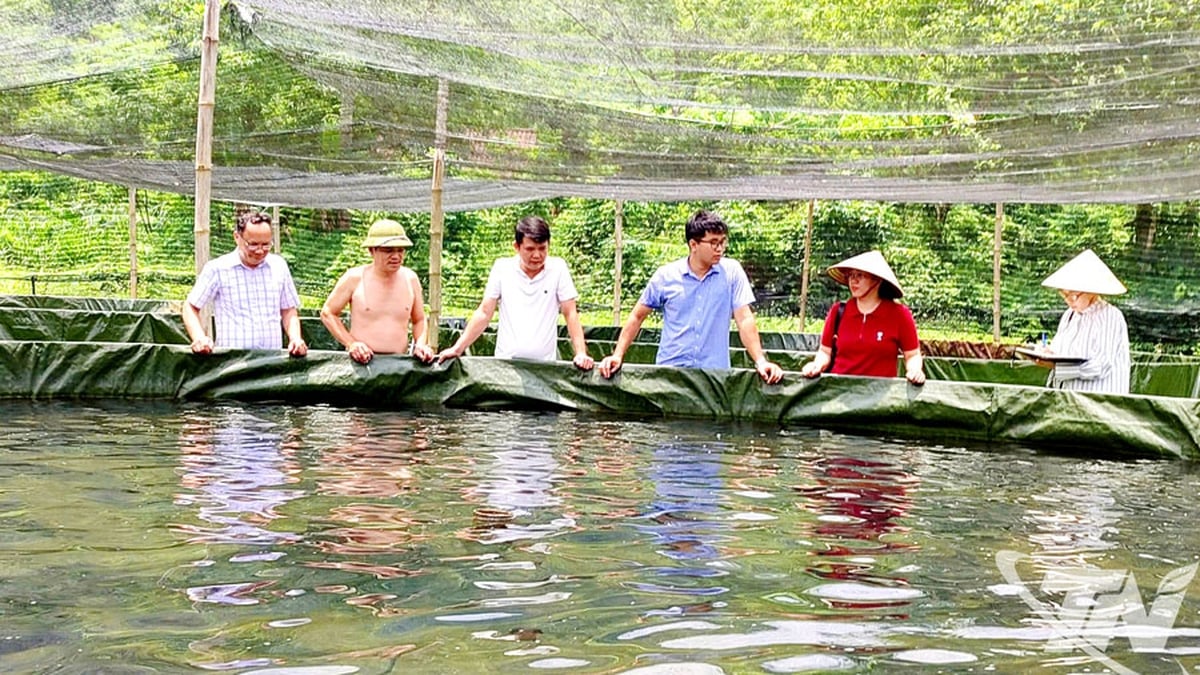
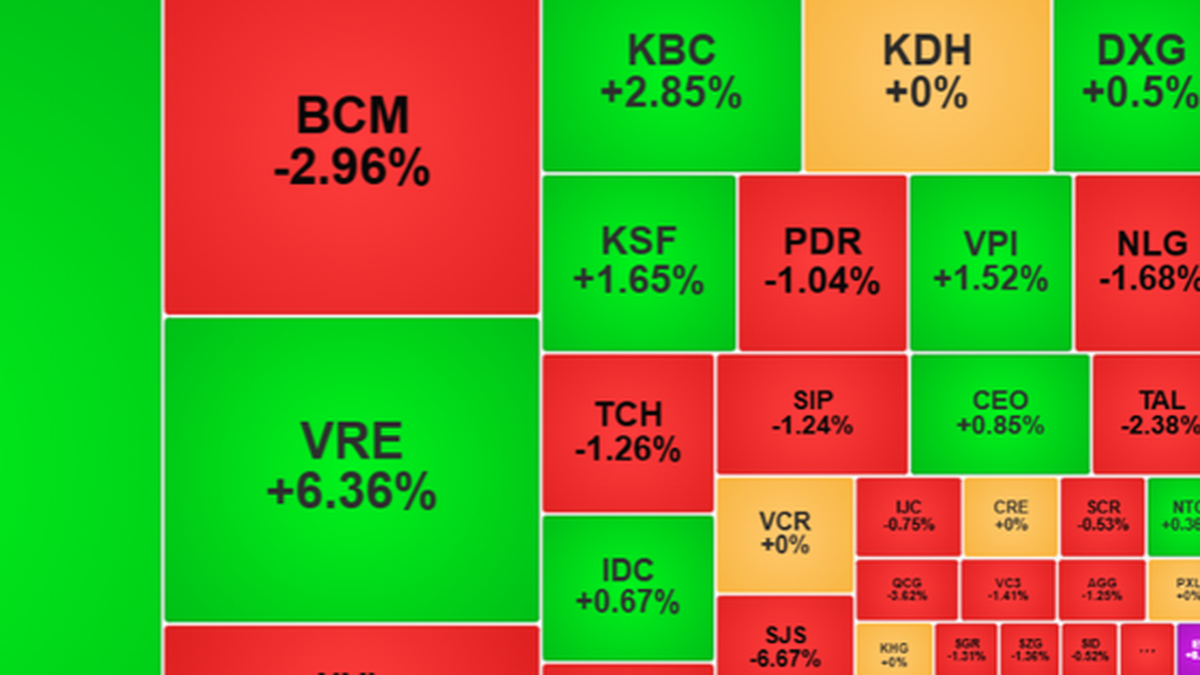
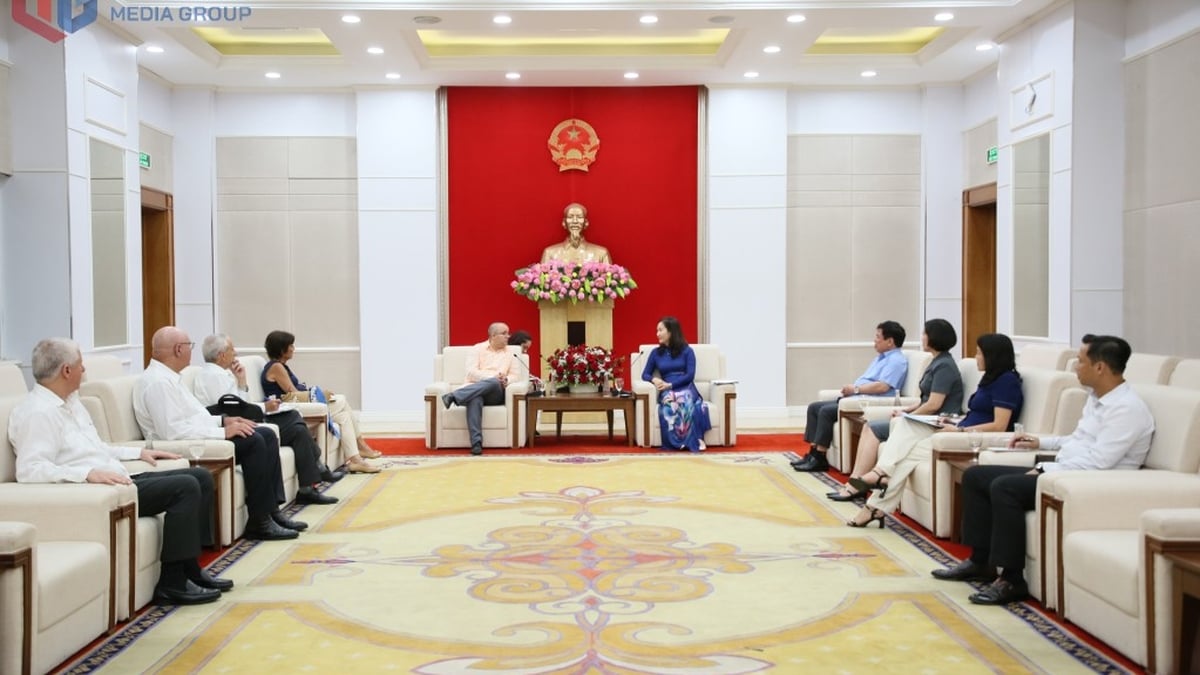
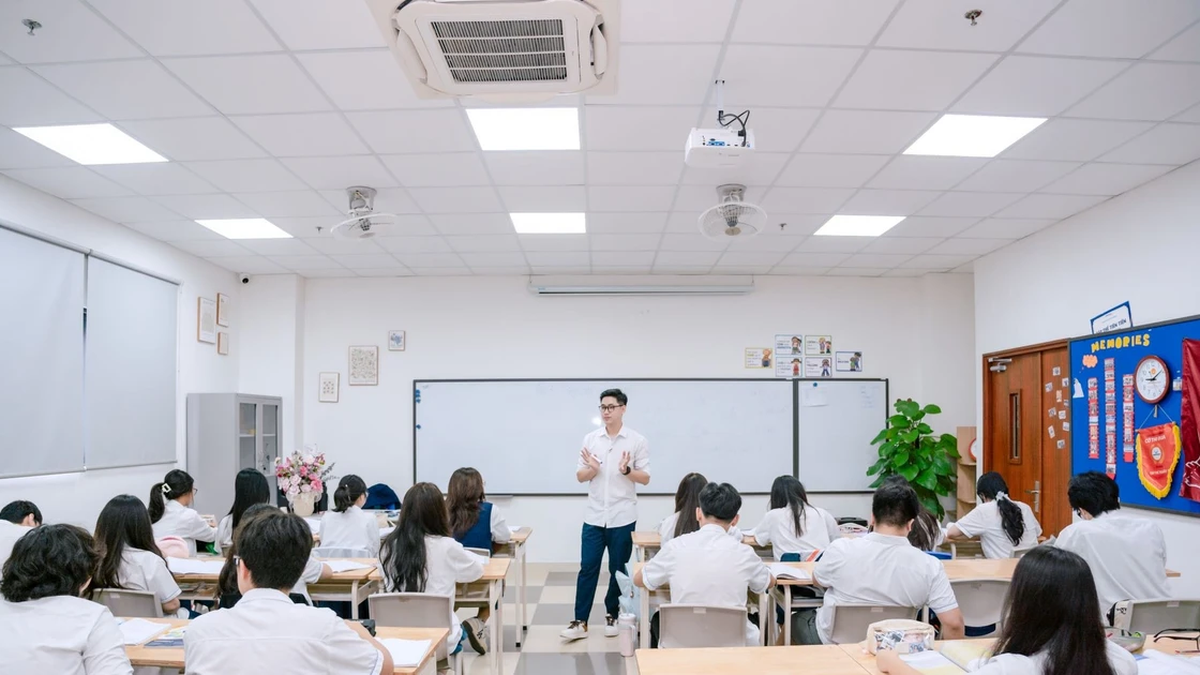
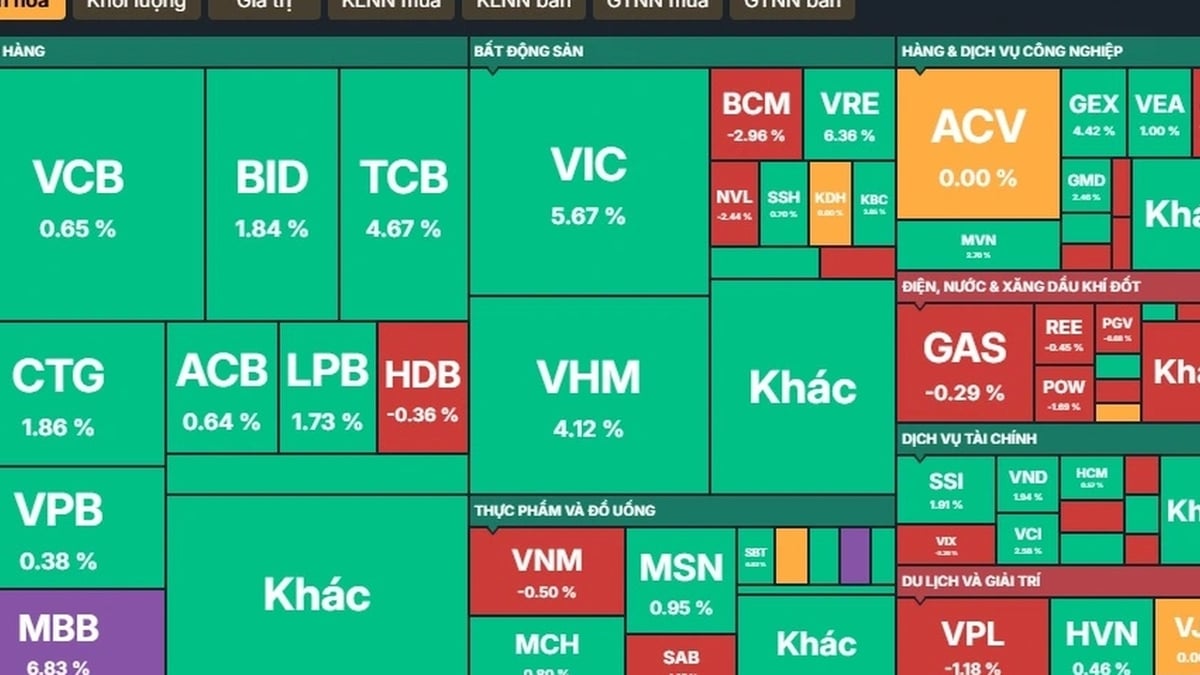
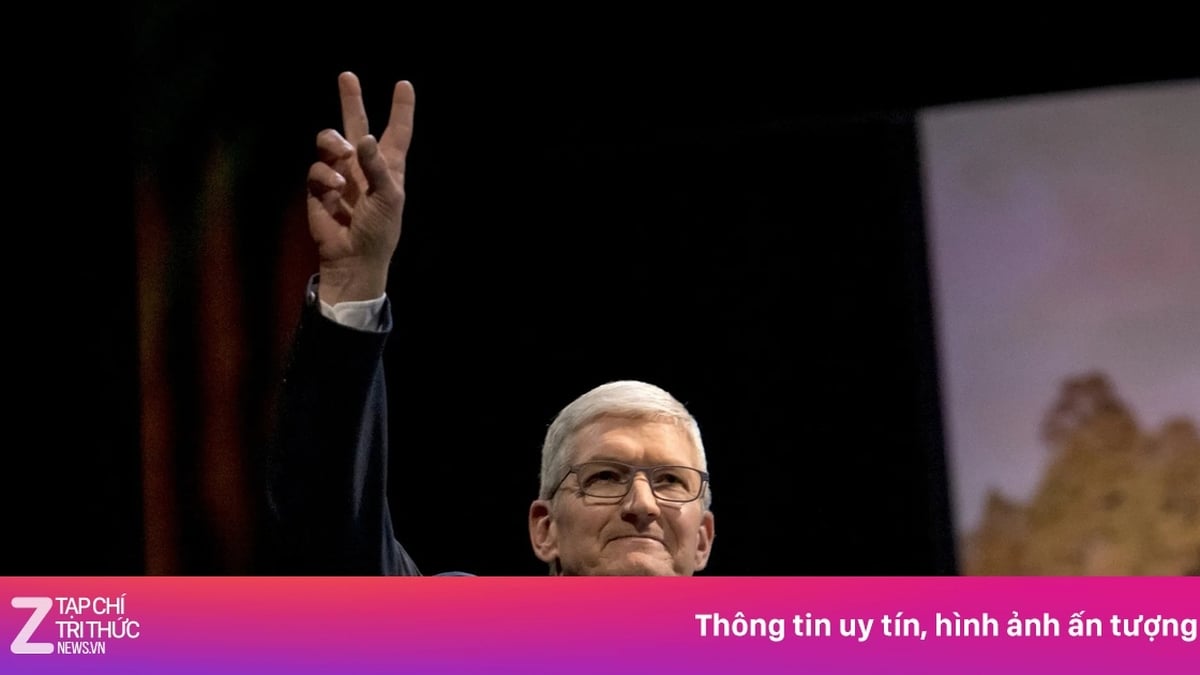

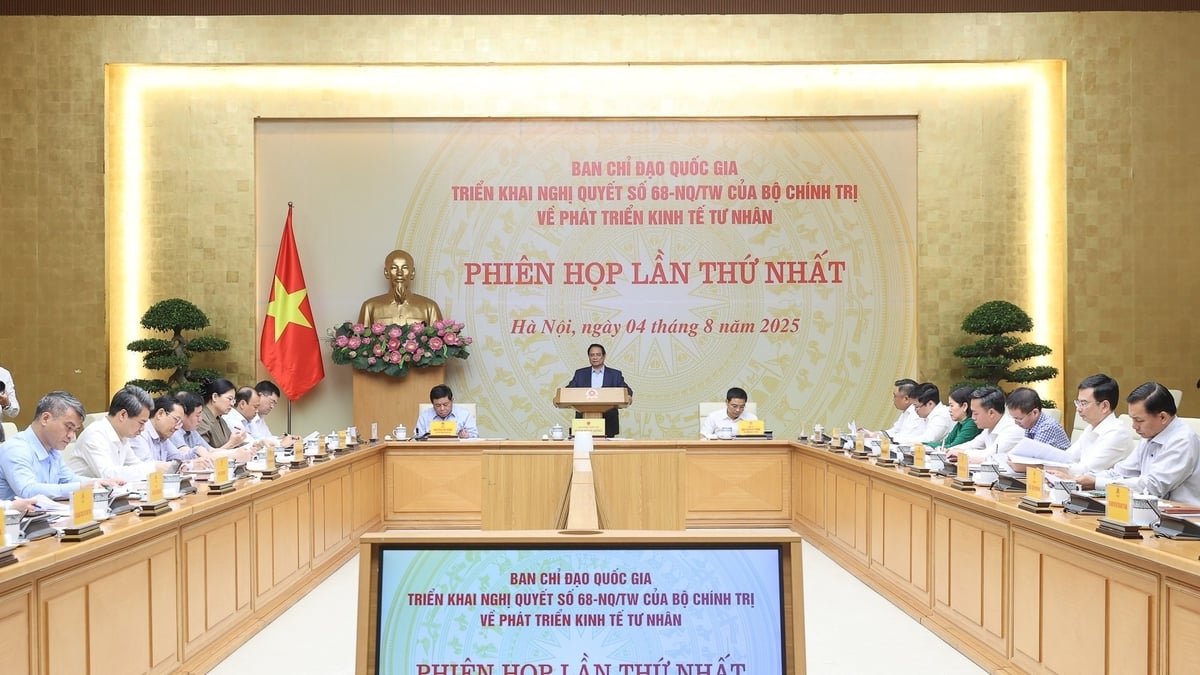
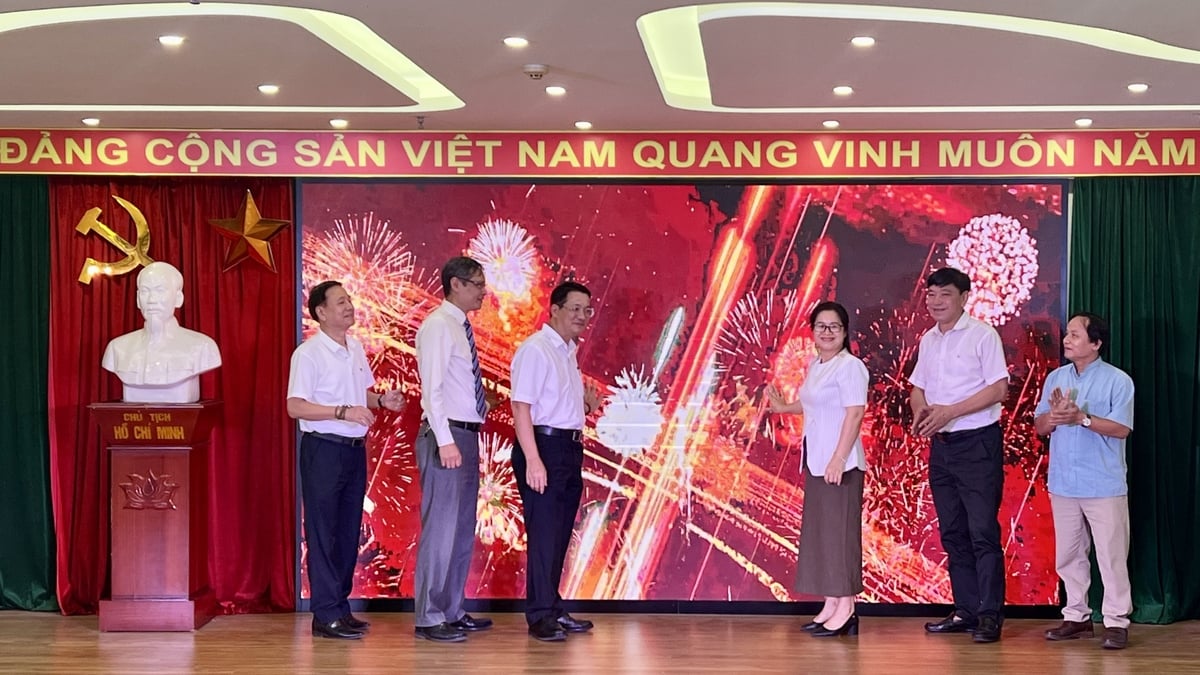
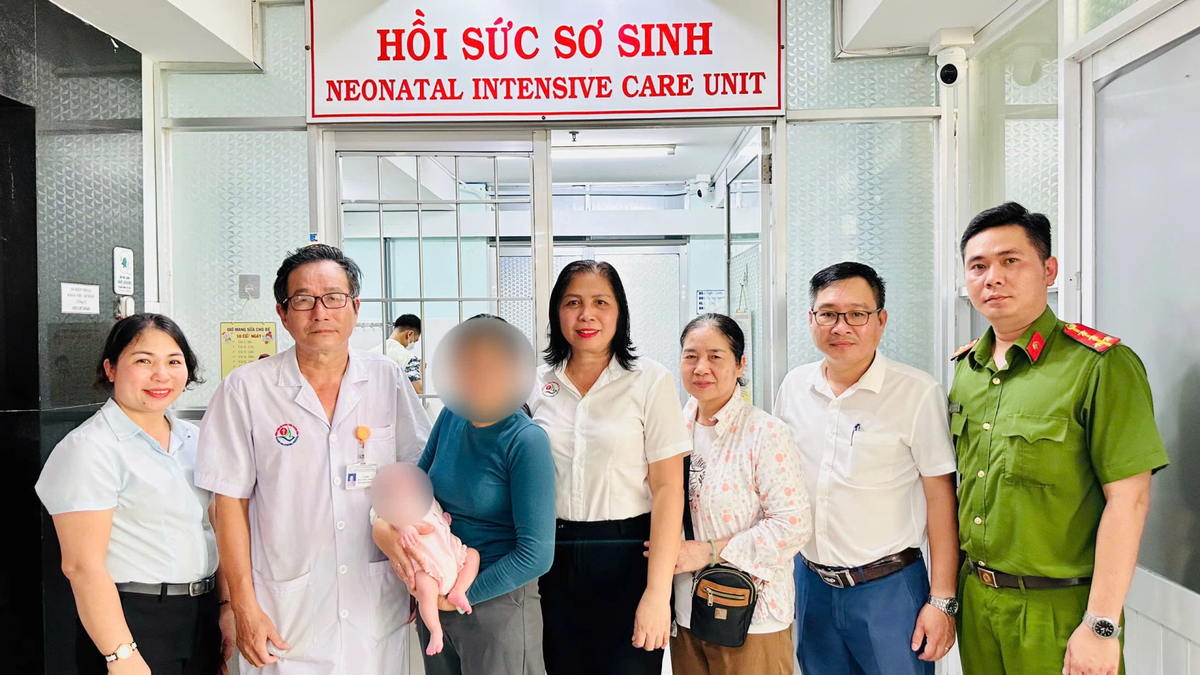







































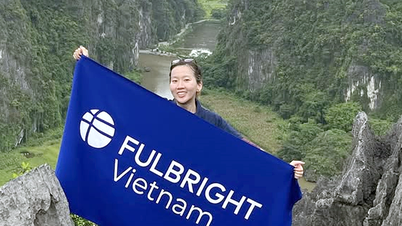
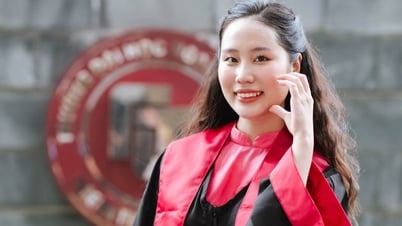








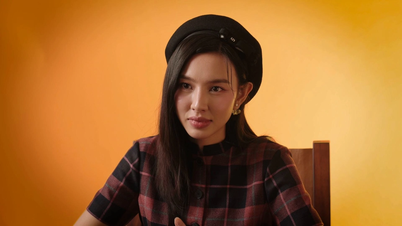
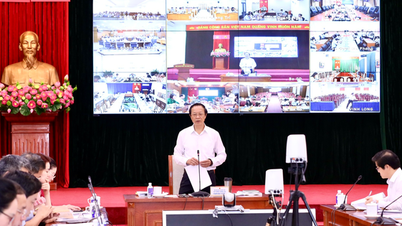
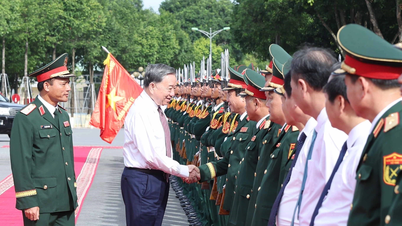


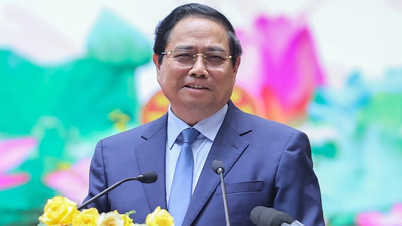

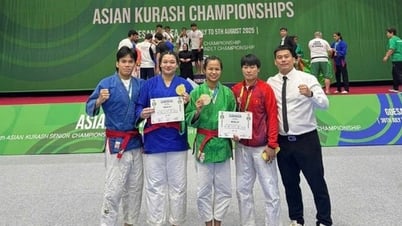



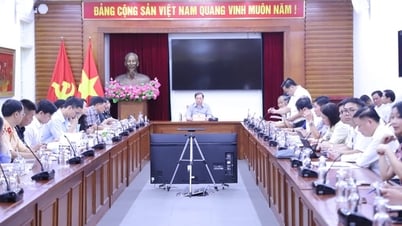
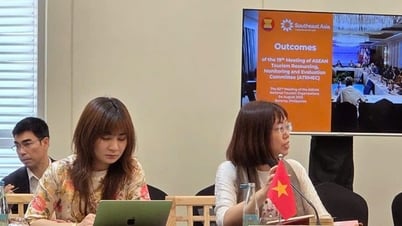
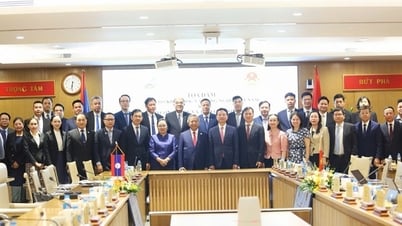



















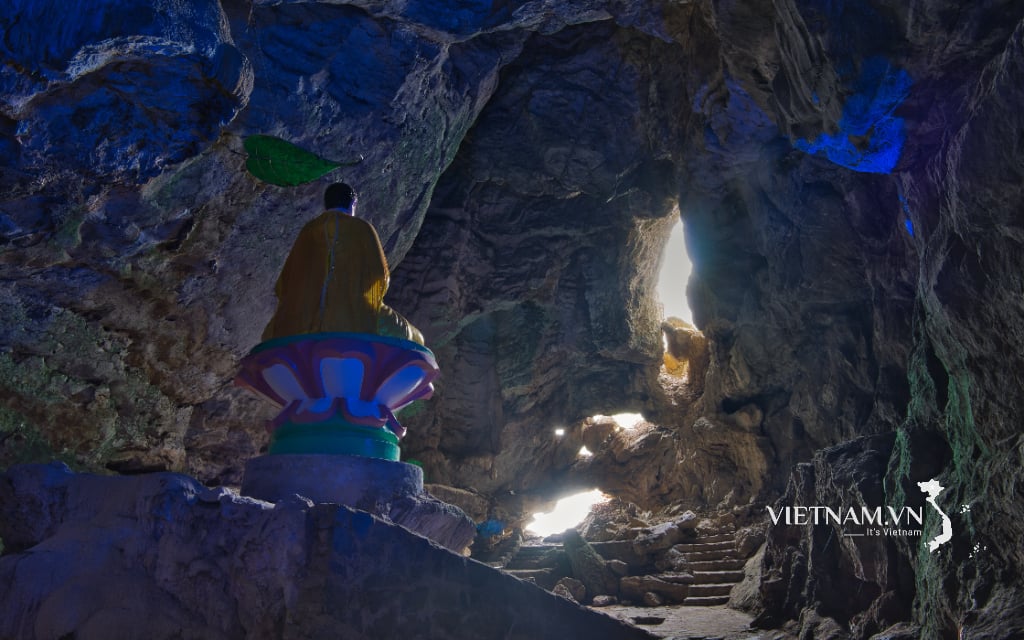

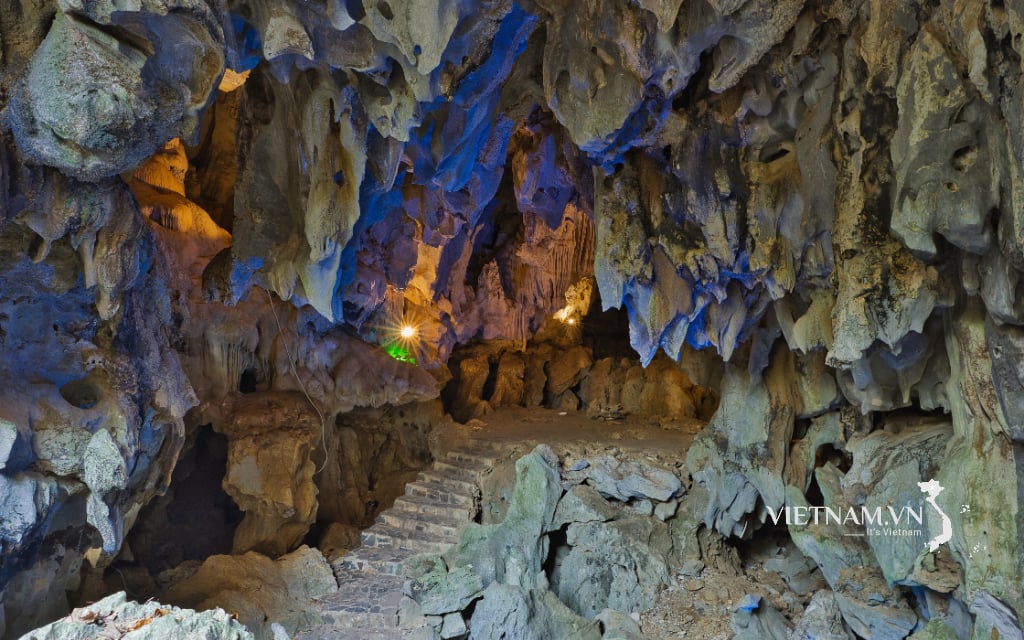

Comment (0)